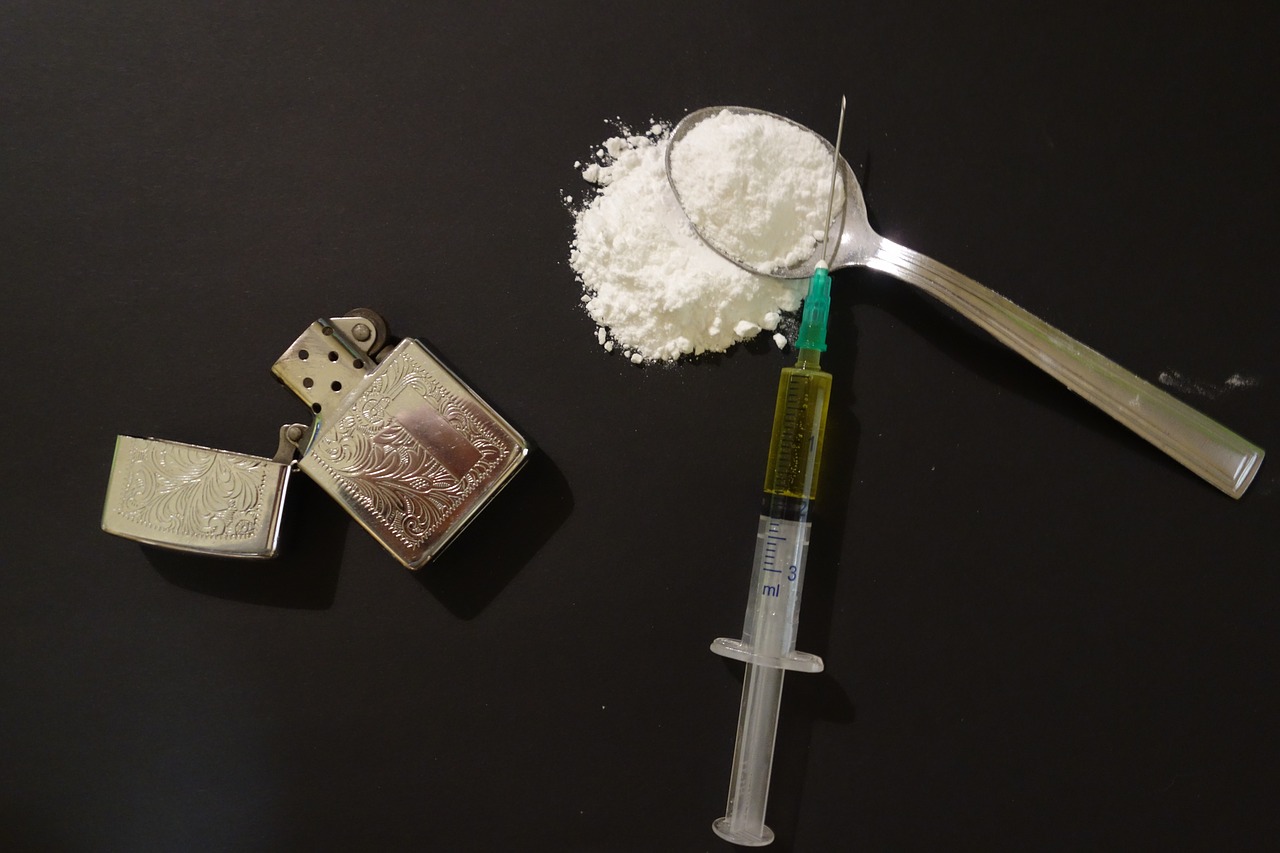Drug use by teenagers has been a serious concern for decades. Although the stats show that the percentage of teens using illegal drugs is at its lowest levels in twenty years, there are still significant numbers of teenagers who use drugs, and this could include teenagers you know. It’s also important to recognize that it isn’t just older teens who abuse drugs. Documented evidence shows some drug use starting in the first year of middle school. While many people think of cocaine or methamphetamine when they think of illegal drug use, teens commonly abuse prescription drugs, as well. In some cases, they only need to go to a parent’s medicine cabinet to score. Recognizing the signs and knowing how to get teens help can make the difference between successful intervention or a lifetime of drug addiction.
Signs to look for
When a teen starts acting differently, parents may attribute the changes to hormones, but this can also be a sign of drug use. One way to differentiate is to consider the teen’s peers. Are they hanging out with new kids or still with the same crowd they’ve been with since elementary school? If you notice a teenager new friends aren’t parent-approved, this can be a sign of a deeper issue, such as drug use. It’s also common for them to be angry when questioned about these friends or how they’re behaving. Parents may notice their teen withdrawing from the family and isolating themselves. If the family plans a trip to Disney and the teen argues to stay home alone instead, that may be a warning sign. Other things to look for include changes in their dress and appearance, skipping curfew or sneaking out late at night, and weight loss.
Reasons for drug use
There are a number of reasons why teenagers may start using drugs. One may be peer influence. When a teen is surrounded by other teenagers who are using drugs, there will be a lot of pressure to conform. Teens who have absent parents who work a lot or don’t spend much time paying attention to them are also more likely to experiment with drugs. Living in a poor neighborhood can also be a factor.
Your family history may also be a reason to be concerned about drug use. Teens who have a biological relative who abuses drugs or alcohol are more likely to use drugs themselves. Other factors that increase the risk of drug use include mental health issues such as depression or a previous history of abuse.
Ways to help
When you suspect and confirm drug use, the next thing to consider is what to do. Teens who are bored may be redirected with counseling and participation in extracurricular activities that give them a sense of fulfillment, but this is more likely to be feasible if the teen has only experimented a few times. Teens with a regular habit of drug use are more likely to need a significant amount of help. The government has a help line you can call to get guidance. This is a way of learning about local resources that you may not be aware of. Interventions for teenagers can include entering a program for treatment. In some cases, it’s important to consider some of the underlying factors that have contributed to drug use.
Legal implications
Teenagers who are caught with illegal drugs or who are under the influence of drugs may face criminal charges. Whether you need a marijuana lawyer in California or a legal professional who works in another state, there are attorneys who can help if your teen is arrested. An attorney can make a case for sending the teenager to rehab to avoid jail time. Ideally, adults will intervene before a teenager faces charges related to drug use, but it is still possible for the teens to get a second chance and receive help. Adults who suspect teens are using drugs should try to intervene before there are legal implications so that the teen does not have a criminal record. It’s common for charges against a minor to be sealed, and it may even be possible to have the charges expunged from their record permanently. A criminal conviction can have an impact on their academic and career prospects, which is why adults shouldn’t wait for the courts to intervene when they suspect a teen is using drugs.
